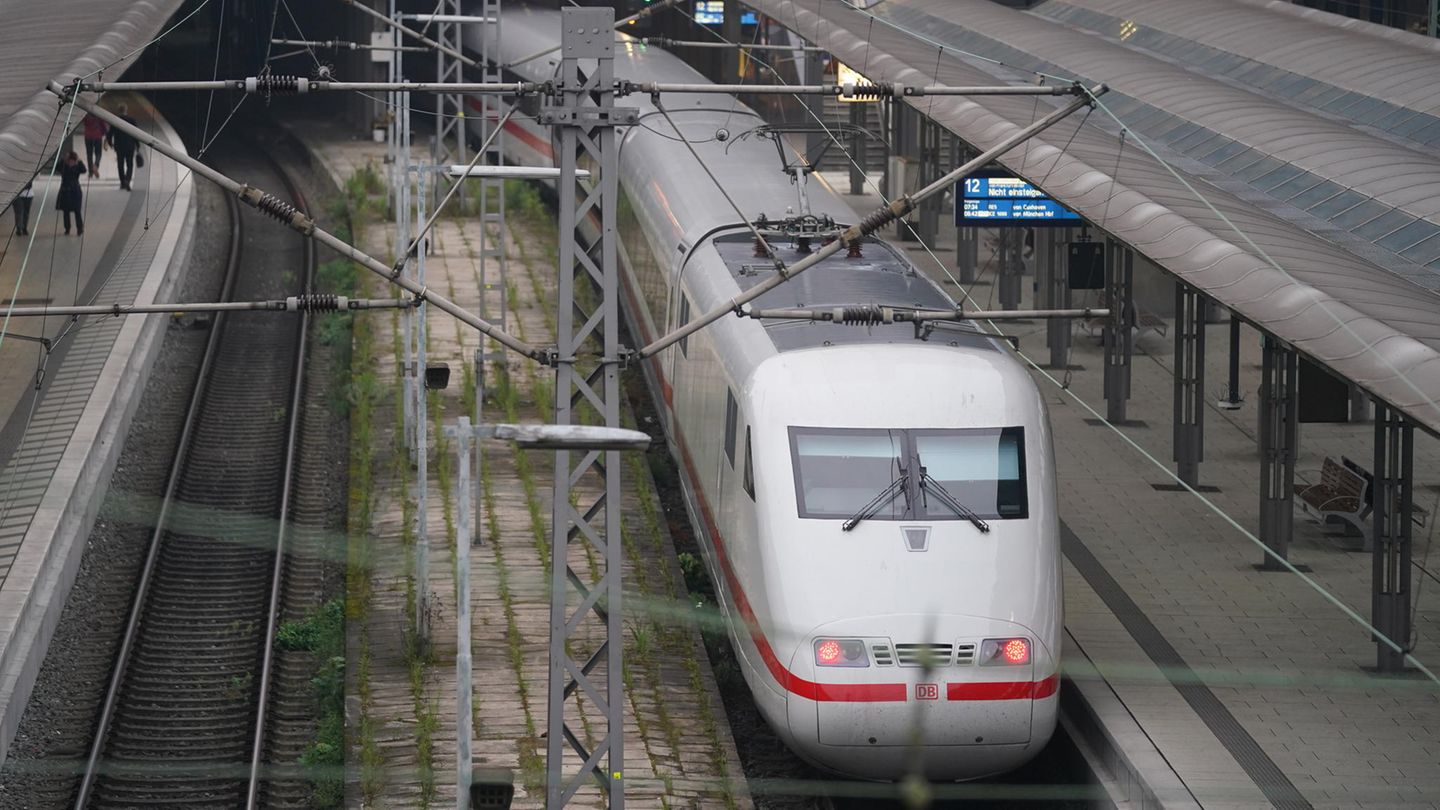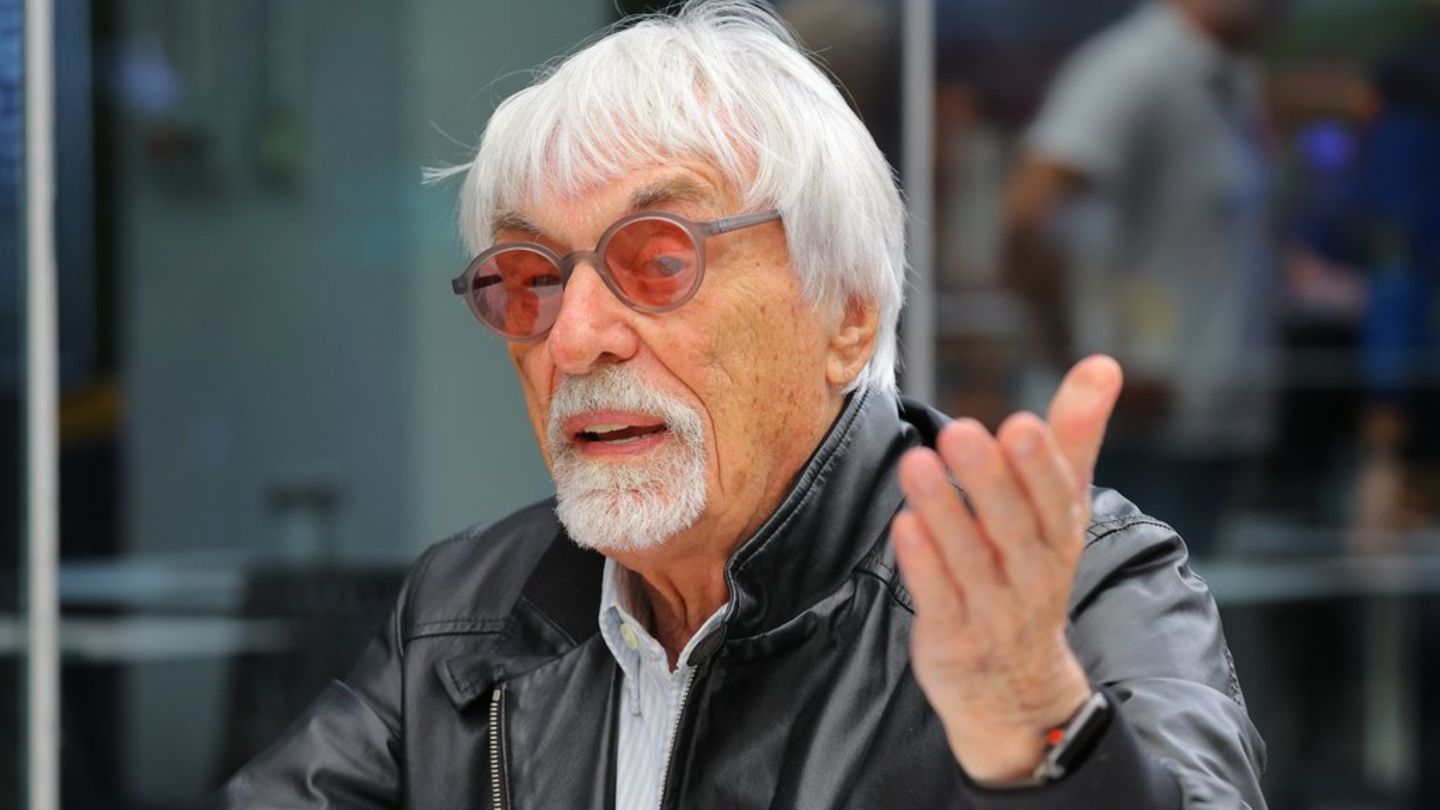The collective bargaining dispute at Deutsche Bahn is entering the next round: After the EVG union rejected the group’s offer, the latter is refraining from new negotiations. This increases the risk of a new warning strike.
In the collective bargaining dispute at Deutsche Bahn, the group reacted with incomprehension to the rejection of its latest offer by the railway and transport union (EVG). “The union shows no concessions and does not propose any solutions. They simply stubbornly insist on their initial demands,” criticized DB HR Director Martin Seiler.
In its statement on Wednesday night, Deutsche Bahn rejected further negotiations. “It’s pointless at the moment because the electronic ballast doesn’t move a millimeter,” Seiler was quoted as saying. The company now wants to “evaluate the overall situation comprehensively” and discuss further steps in the responsible committees.
negotiations instead of strikes
The EVG had rejected the group’s recently improved offer late Tuesday evening as insufficient and called on the employer side for further negotiations in Berlin this Wednesday. “Essential points of our demands have still not been met,” said negotiator Kristian Loroch. “What is currently on the table is socially unfair.”
Further negotiations are in the interest of the group, “because as long as we sit at the negotiating table, there will be no strikes.” Whether there will be further warning strikes depends on the next few days.
Twelve percent wage increase
The railway had submitted the current offer at the most recent round of negotiations in Fulda last week and gradually announced twelve percent for the lower wage groups. The middle groups should get a total of ten percent more, the upper groups eight percent.
The first stage of the increase should therefore be implemented this year. In addition, there is also a gradual inflation compensation premium totaling 2850 euros, which could be paid tax- and duty-free from this July. The term is 24 months.
Is the next warning strike coming?
Measured against the previous offers, the railways have made further concessions to the EVG, but the two sides are still far apart: the union is demanding a fixed amount of at least 650 euros per month more or twelve percent for the upper wage groups. According to their ideas, the term should only be twelve months. EVG has so far strictly rejected one-off payments.
Further warning strikes or even a ballot that could result in indefinite strikes are therefore not off the table. The EVG has already twice called for warning strikes in the ongoing collective bargaining dispute, which has largely brought rail traffic in Germany to a standstill. The union canceled a third planned 50-hour warning strike at short notice after reaching a settlement with the railways before the Frankfurt labor court in one of the negotiating sticking points.
Source: Stern
I have been working in the news industry for over 6 years, first as a reporter and now as an editor. I have covered politics extensively, and my work has appeared in major newspapers and online news outlets around the world. In addition to my writing, I also contribute regularly to 24 Hours World.




